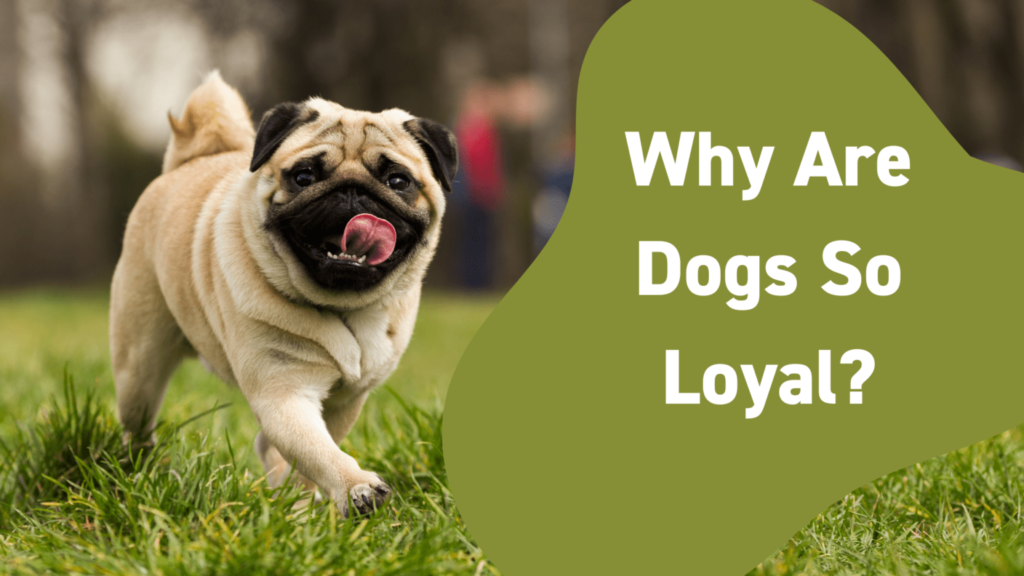
How food affects your dog’s mood

Many pet owners may not realize the significant impact that food can have on a dog’s stress and anxiety levels. Just like humans, dogs’ emotions and mental well-being can be influenced by the food they consume. A well-balanced and nutritionally appropriate diet can help support a dog’s overall emotional health, while certain ingredients and additives can exacerbate anxiety and stress.
Firstly, a dog’s diet should contain essential nutrients that support a healthy nervous system. B vitamins, omega-3 fatty acids, hydrating electrolytes and certain minerals play crucial roles in maintaining proper brain function and promoting a balanced mood. High-quality dog foods formulated with these nutrients can positively impact a dog’s emotional well-being.

Furthermore, some ingredients in dog food can help soothe anxiety. For instance, certain herbs such as chamomile and lavender have calming properties and can be found in specialized dog food designed for stress relief. These natural ingredients can help dogs feel more relaxed and reduce overall anxiety levels.
On the other hand, certain food additives like excessive amounts of artificial preservatives, flavours, and colours can potentially contribute to hyperactivity and increased anxiety. Additionally, some dogs may be sensitive or allergic to certain ingredients, leading to digestive issues or discomfort that can manifest as stress.
It’s important to note that while food plays a role in managing a dog’s stress and anxiety, it is not a substitute for professional guidance and behavioural interventions. The way you treat your dog is at the end of the day, the most important factor when it comes to anxiety and stress. Keeping that in mind, make sure your dog’s diet is healthy and stress-free, but also make sure you’re taking your dog on plenty of walks, giving it space to run around, playing fetch with it and most importantly, giving it hundreds of hugs and kisses! After all, there’s no animal or person that will ever love you like a dog does.